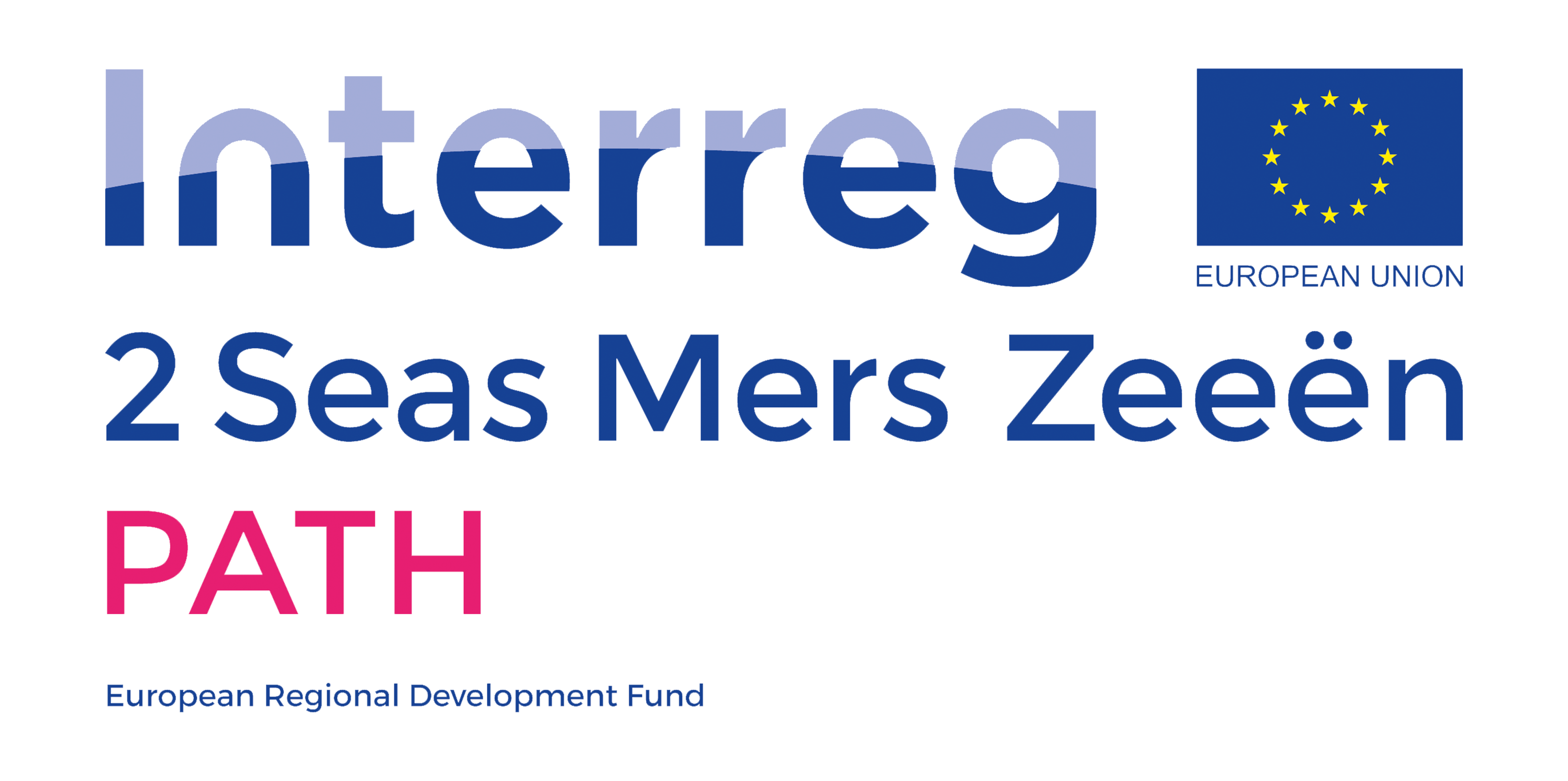
© 2021 Copyright: Bournemouth University
They can be complex with significant overlapping symptoms, thoughts and behaviours. Many people with eating disorders also experience symptoms of depression and anxiety. Eating disorders can affect anybody of any age, gender, ethnicity or background and the majority of those who experience symptoms are not underweight, contrary to the typical stereotype often portrayed in the media.
For some people with an eating disorder, having a baby can be a time of positive change and provide the motivation to challenge unhealthy behaviours. For others, weight gain and changes in body shape during pregnancy may feel out of control, whilst being reminded constantly to ‘eat healthily and stay active’ or being routinely measured at antenatal appointments can amplify the disordered thinking and cause significant distress. After the baby is born, the pressure of ‘losing the baby weight’ and dealing with disrupted routines and possible feeding issues may become overwhelming.
Many people with eating disorders feel ashamed, anxious and guilty, believing that they’re ‘not really sick enough’ to deserve any help or support. They will often tell friends, family and health professionals what they think they want to hear, rather than feeling able to be honest about their struggles.
Struggling to manage an eating disorder does not mean you don’t love your baby.
If you are someone who has a difficult relationship with food, exercise or body image then please do talk to your GP, midwife or health visitor about how this is affecting your life so that the right support can be put in place for you. The sooner you get the right treatment and support, the better the chance you will go on to make a full recovery.